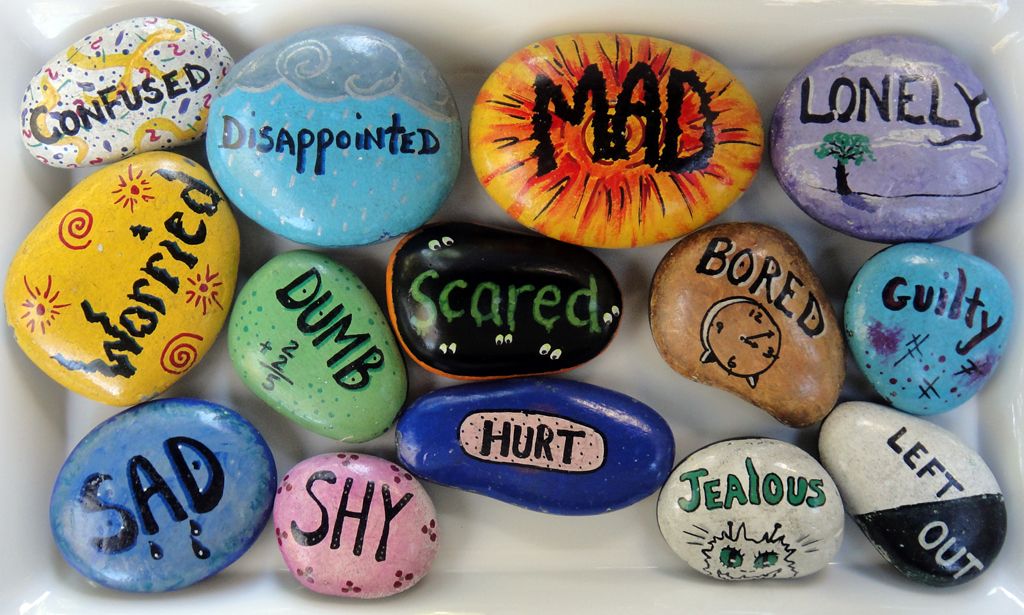Have you ever thought about which emotion has the most control over you? I hadn’t until I was asked this question and straight away my ego bounced in with complete and utter denial about any negative emotion having control. I am a meditation teacher after all.
But I realised I had answered with a defensive tone and that signalled to me that I needed to sit down with this question and really look inward. That is all part of managing emotions, looking inward and observing your emotions.
Facing the mirror on yourself is always difficult, or should I say uncomfortable, thing to do. It is so much easier to look at what emotions control the people around you.
In fact, that is what I did. I thought about my immediate family and the emotions I can see that control them…anger, anxiety, impatience.
The warm-up to facing your self
Observing others is a good warm-up before facing yourself. You can use it as a social awareness exercise when you go out and about and notice the emotions of strangers as they pass you by. Figuring out the range of different emotions from relaxed to frustration, happy to tired (that might be an easy one). It makes sense that the more you become aware and attentive to the emotional states of the people around you, the more you can respond appropriately and cultivate good relationships with the people in your life.
Psychologist Susan David, author of Emotional Agility: Get Unstuck, Embrace Change and Thrive in Work and Life says, “We generate the pathway to our best selves via our emotions but we have a tendency to lock down into rigid responses to emotions. We bottle our emotions or push them aside and only permit those emotions deemed legitimate.”
Managing emotional experiences
I guess it is like building a gateway to only let in those feelings we want to feel. Although, when you meditate, you soon realise that you can’t block out emotions. It makes you face your truth, and that is often the reason why many people don’t stick with meditation. This is a shame because meditation also plays a big part in helping to read other people’s emotions. Just ask some of the highly successful poker players (who often have advanced emotional intelligence) who attribute their success to meditation, particularly in reading facial expressions and body language. Meditation helps you to become aware of and detach from negative thoughts, so that is surely another incentive in remaining ‘poker faced.’
But getting back to the question of the emotion that has the most control…well, it took a bit of time, there was some resistance, of course but after I turned on my mindful head to one of observation and curiosity, I came to my conclusion. If it wasn’t for meditation and mindfulness, I am sure there would be a few emotions having control over me, stress being the main one. After all we (apparently) have 400 emotional experiences a day, an emotional reaction comes before thinking rationally. But I like what Susan David says in her book “Rather than saying I am sad or I am angry (which makes you sound like you’re the emotion) say; “I am noticing that I am feeling sad or angry.” It reminds me of the quote by the self-help author Wayne Dyer – If you change the way you look at things, the things you look at change. In my opinion, that is one of the most powerful mindful exercises you can do.
Listen to more insights by tuning into ‘Slowing Down for a higher grade on emotional intelligence’ on The SlowDown podcast https://open.spotify.com/episode/5NitKGmKAbQ864JTlREaxe


